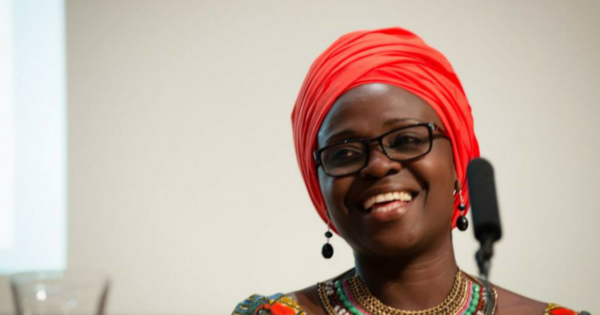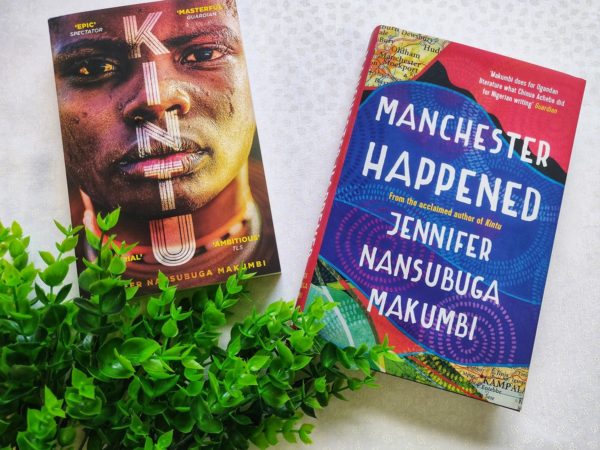
Jennifer Nansubuga Makumbi is on a press tour for her new book, the short story collection Manchester Happened, published in the US as Let’s Tell This Story Properly.
In an interview with the Kenyan newspaper Daily Nation‘s Gloria Mwaniga, the 2018 Windham-Campbell Prize winner, who is gaining a reputation for saying exactly what she thinks, gave illuminating views of the publishing industry. She talked about the inspiration behind the collection, the fluidity of national identities, reworking her fiction for a Ugandan audience, the importance of prizes and word-of-mouth publicity, the reception of African writers in the West and Chimamanda Ngozi Adichie’s celebrity, MFAs in creative writing, her writing habits, and withdrawing her book from an American editor and giving it to a Shona one.

Here is an excerpt below.
__________________________________________________________________
There is a notion that editors in the west want a particular narrative on Africa. Does this bother you and do you factor that in when writing?
That is a huge fight I have with my editor. It was so bad that I withdrew my book and took it to an African editor, who then asked for an earlier version of the book. We ended up putting back some of the things that had been cut out. Interestingly, the three stories that had been removed turned out to be the most popular.
Though editors in the West claim to like African stories, they mostly end up editing for the West because they don’t understand our audiences back home. They also don’t understand our social, cultural and political elements. How then would they edit a book dealing with these very issues? In the end, I withdrew the book from the American editor and gave it to a Shona editor, who understood the text better. I must quickly add, though, that I was only able to afford that editor because of the Windham-Campbell prize. It is very expensive to hire an editor and so many writers end up accepting the changes that they shouldn’t because of the high cost of hiring editors.
I once read an article that said that there’s only one place for an African writer in the West. That there can only be one ‘Achebe’ at a time. Your thoughts?
I didn’t read that article but that is definitely not true. The West will hype because hyping is a Western thing. But I don’t think it is Chimamanda’s fault that they are hyping her. Achebe was very uncomfortable about it. He would say, “Excuse me, there’s so and so …” he kept on reminding them. Perhaps the person who wrote that meant that they could only pronounce one African name or perhaps they still look at Africa as a country. However, there is space for everybody.
I must add, though, that Chimamanda has moved out of a certain realm as far as authors go and become a celebrity. Authors are rarely celebrities. I don’t think Achebe got to where Chimamanda is. No other African author has gone to where she has gone. I’m also worried that those who have taken her up there have also the power to bring her down as they’ve done to white people they once hyped.
So I’m wary, and wouldn’t advise any African author to go up there. They were taking Binyavanga up there and I think that wasn’t good for him. But this idea that Adichie is there because of writing isn’t exactly right. . . . I think she is where she is now because of the TED talks and because she is talking about Trump. She has transcended writing and she has become an icon so that she can talk about Trump and feminism and anything else.
__________________________________________________________________
Read the full interview on Daily Nation.








COMMENTS -
Reader Interactions